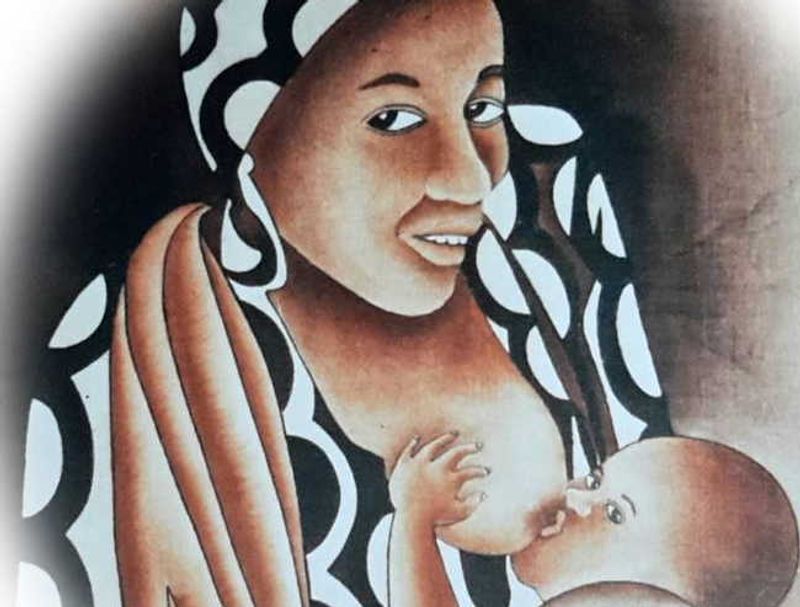
Remembering the NRA guerilla war days
Let us share this story. It was told to me by my mother, Sarah Nankabirwa Mukiibi.
“The year was 1983, when NRA rebels led by Yoweri Museveni were seriously fighting in the bushes of Luwero and Mpigi districts. Many killings of civilians were happening. Those on the Government side were being killed by the rebels who were called bandits. And those on rebels side were killed by Government soldiers: there was insecurity every were.
“Your father, the late Abudhala Mukiibi, never got involved with any of the groups; he was ever busy with his garage work until he was reported to the then Special Police Force officers by one of his garage boys, that he was repairing guns for the rebels. That was the end of peace in our good home at Namulonge village.
“Many of your father’s friends and workmates were either arrested or killed. He just survived narrowly to become a fugitive for the next three years.
“We were harassed by these Special Force men and we decided to exile our selves. One of your brothers, who was in a boarding school, had sired a baby from a girl, one Josephine. Josephine had gone back to school giving me the three-month’s old baby, who we used to call,Tendo. I took care of Tendo.By the time of this internal exile, Tendo, your niece, was two years.
“I was staying with one of your cousins, Florence, who was 11years old. We only picked just a few items we could carry from house. The only place I thought of was Ndejje where the heir to your grandmother was. And we had to walk all this distance from Namulonge to Ndeje, more than 20 miles.
“Passing through forests to avoid roadblocks, I was with one of your brothers, Yusuf Katamba, who was 14years old. This was a dangerous age before the Government forces. He could have been killed at a roadblock, since he would be suspected for being a rebel. It was safer to walk through the bushes.
“It took us two days to reach Ndeje only to realize that we had jumped from a frying pan into the fire. I found the home of my mother already deserted. It was already growing bush. We were very hungry; and Tendo who was crying.
“There was Fenne (jackfruit) everywhere and some mangoes. We fed on those.
“Now, we were planning to go back to Namulonge but it was dangerous there. We decided to go to Kasai village in Kyaggwe where my grandmother stayed. This was about 40 miles, double the distance we had just completed.”
Remember this is a true story told to me by my mother, Sarah Nankabirwa Mukiibi.
“As we prepared to start our journey to Kyaggwe we heard gunfire. We hid in the bush for over six hours. We heard people being tortured and later the sound of a crying person in agony; then a sudden stop, implying death.
“I was carrying Tendo on my back and her temperature was rising and she was shivering. I tried to cover her in vain. I got some herbal medicine from the bush which was very bitter for her and I could not force her to take it because we feared to be detected, if she made a noise.
“We saw somebody who was also hiding. He advised us to go to the camp, around Ndejje University, which was not far from where we were. We managed to reach the camp; there were many people, but we felt safe.
“Meanwhile Tendo’s sickness was worsening. She vomited everything she tried to eat; diarrhea started and there water was for only cooking and drinking, so I could not clean Tendo. We became disgusting to everybody.
“Tendo’s health deteriorated so fast that in three weeks you could count her ribs. It was later found that she had measles. She was recommended to be isolated because the camp had very many children who could suffer the disease, too. At that time she had developed cough and had difficulty in breathing. We just waited for her to die.
“They had dug a very big mass grave just down the forest. A man who was in charge of health in the camp came, looked at Tendo and requested us to go and throw her away into the grave before other children caught the disease. I looked at him straight into his eyes and saw that he was very serious.
“By then, I had already made friends with a woman in the camp. She offered to help me throw away my son’s daughter. She even offered a piece of cloth (leesu) to wrap in my granddaughter, who was still alive. I was still firm, but when I saw Yusuf and Florence crying I also broke into tears and ran away.
“This gave the woman a chance to start wrapping my son’s daughter. When I saw her running down the mass grave with Tendo for burial, I charged like a wounded buffalo and grabbed Tendo from her. Yusuf and Florence followed me. We went down the grave as if we were going to throw her away.
“We embarked on our journey through the bushes using all the herbal medicine I knew to save Temdo. We reachedjjaja’s place four days later. Jjaja cried when she saw us. She gave us all we needed. Tendo was admitted in Nagalama Hospital, where she recovered completely.”
Comment,
Tendo Sophie Nabatanzi Simwogerere, My first born, is a qualified teacher. The son who was in a boarding school that my mother was referring to in her story was me, Hajji Ashraf Simwogerere. Recently Sophie Tendo, brought me a grandson, Muzukulu, to visit at our home in Bajjo Bombo.
Allah is indeed great. Allihamudulilah


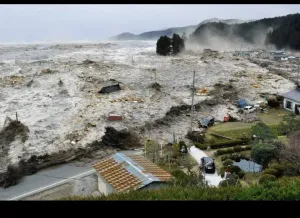

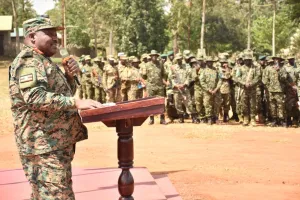
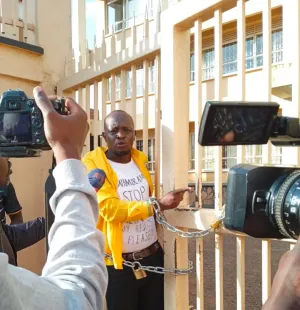
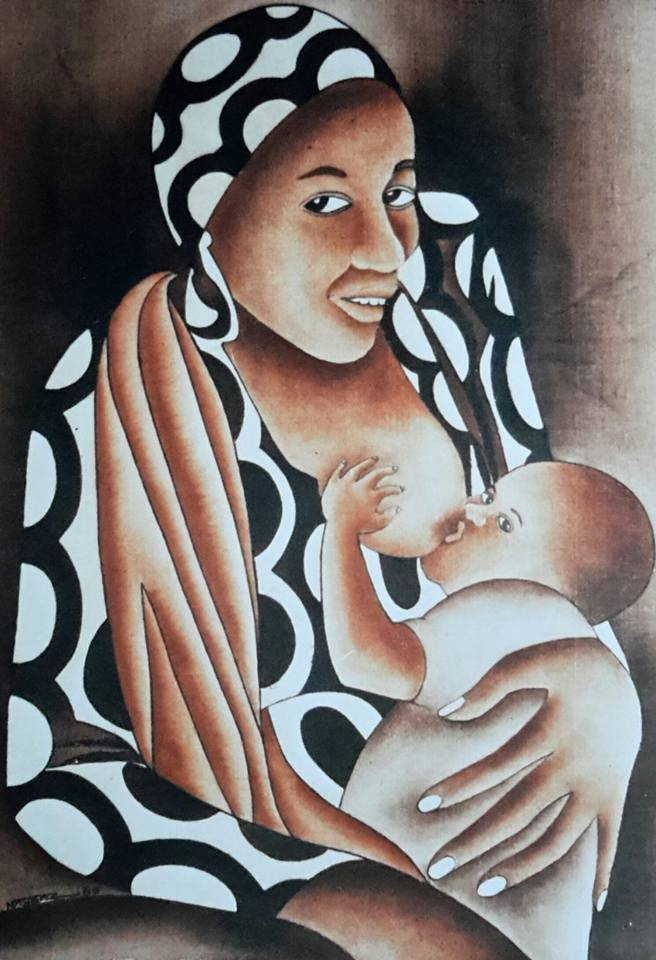






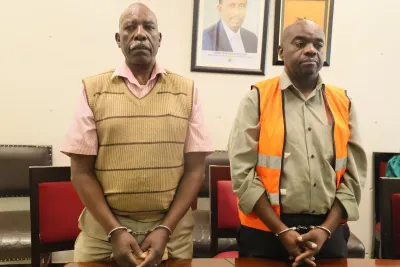
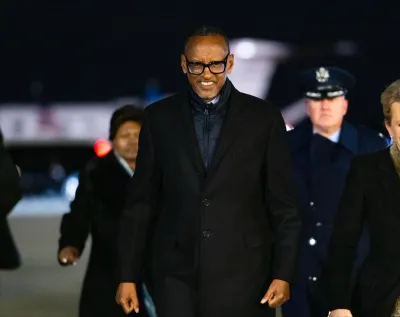
Dr. Ashraf Simwogere
Dr. Ashraf Simwogerere, is an acclaimed playwright, film producer, performing artist and professional dentist.
In 2016 he was recognized as one of Uganda's National Heroes.
Dr. Semwogerere is one of the most recognised faces of Uganda's Theatre having scripted and produced plays such as `Suubi` and `Mukajanga`.
Leave a Comment
Your email address will not be published.